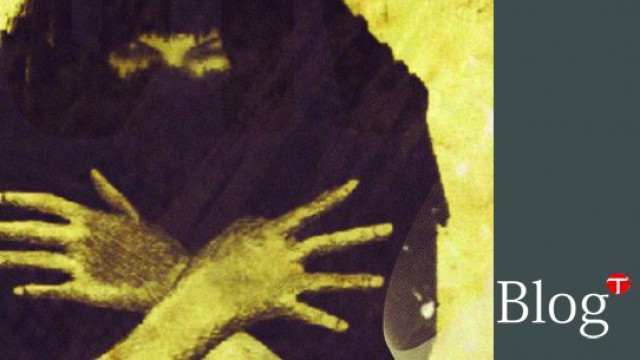Justifying domestic violence
A new found that 53 per cent of teenage girls in both countries believe that domestic violence is justified

No FIR has been registered as yet.
Regressive attitudes regarding gender roles have seeped so deeply into culture and society that often victims and potential victims of domestic violence or violence against women in general believe that there is nothing wrong with such abhorrent behaviour. There is a tendency to blame victims of violence for their own plight, with the perpetrator all but absolved of responsibility. Our patriarchal societal structure, widespread gender inequality, twisted notions of honour, a weak legal framework and a general increase in violence in society have all contributed to domestic violence being considered an acceptable part of life. It is as if our society is suffering from the psychological phenomenon of the Stockholm Syndrome, wherein victims develop feelings of sympathy towards their captors or offenders. This mindset is setting young women up for lifelong violence. Their children will be exposed to the same violence and be susceptible to the same beliefs later on.
One way to alter this mindset is by addressing our woeful education standards as this was positively associated with such beliefs in the UNPF report. Unemployment and a history of family violence were also positively associated, both of which can be found in abundance in Pakistan. Sex education can go a long way in educating young women about their bodies and rights. The responsibility to change medieval notions falls on society at large, and educators, the government and the media all need to play a role here.
Published in The Express Tribune, February 12th, 2016.
Like Opinion & Editorial on Facebook, follow @ETOpEd on Twitter to receive all updates on all our daily pieces.















COMMENTS
Comments are moderated and generally will be posted if they are on-topic and not abusive.
For more information, please see our Comments FAQ